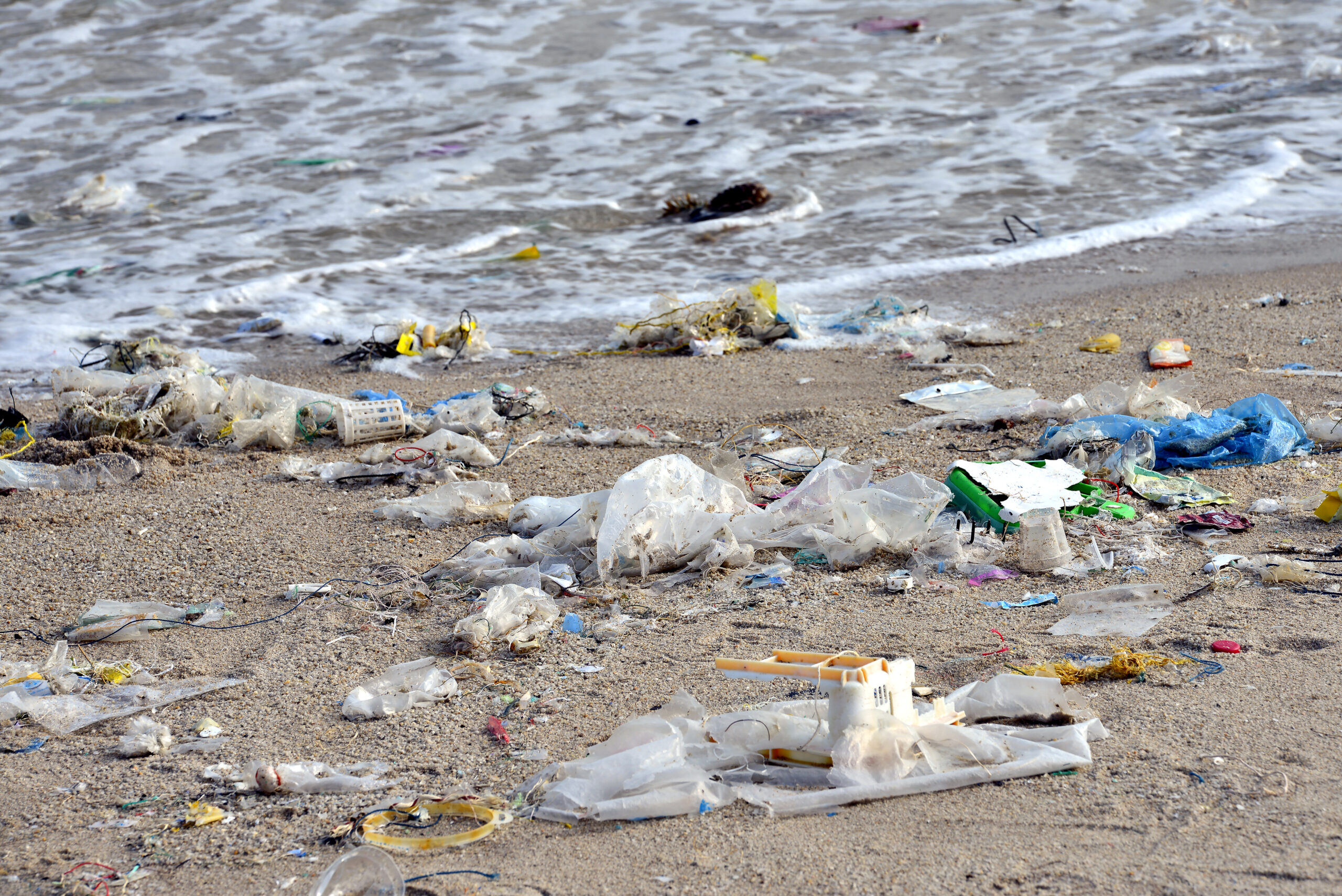Across the world, cities have been stepping up in phasing out the use of plastic bags, either through imposing a fee or banning it. But could measures to shame smokers into quitting also offer some solutions to help us to kick our addiction to plastic?
Incentives, persuasion and psychological “nudges” are some of the many tools used to change consumer behaviour – from encouraging us to eat more healthily to saving energy or taking public transport instead of the car.
In my work as a professor at NUS Business School, much of my research focuses on behavioural economics, including studying the effectiveness of efforts to change consumer habits.
On the environmental front there is mounting global awareness of the environmental impact that our addiction to plastic is having. Flimsy single use plastic bags in particular have been labelled as one of the biggest polluters and Singapore one of the world’s biggest offenders.
According to one recent study, more than two million plastic bags are taken from our supermarkets every day – and that’s not even counting the many millions more taken from hawker stalls, wet markets, food delivery firms and the rest.
Part of the challenge, campaigners say, is that we have come to see plastic bags as an entitlement and an expected part of the retail service.
Traditionally economists have regarded price as the main tool for regulating demand and supply. Putting up prices should make demand drop.
In the UK, a law introduced in 2015 requiring supermarkets to charge for bags has led to a 90 per cent drop in single use bag consumption.
But is this the correct approach here in Singapore, where bags are still given away for “free”? (Of course, the actual cost of bags is incorporated by retailers into the price of other goods.)
Adding an artificial charge of 10 or even 20 cents per bag, as some campaigners propose, could actually encourage increased supply as it creates a profit incentive. Moreover, not everyone is sensitive to small price rises. Even with Singapore’s penchant for thriftiness, many consumers who have become used to the convenience will not find a few cents a significant enough imposition to change their habits.
Some may justify taking bags from the supermarket on the principle that the bag can be reused to dispose of household rubbish, thus making it multiple rather than “single use” – although of course it inevitably still ends up in landfill.
At the start of this year Thailand joined a growing list of countries to introduce a ban on single use bags, beginning with large retailers but which will eventually cover all shops. But whilst such measures might make governments appear decisive and tough, history tells us that banning particular products only creates other problems. Prohibition has a long and chequered history.
So is there a better way of incentivising change?
One possible approach might lie in the bold negative messaging that will be introduced on cigarette packs here in Singapore this year. Such packaging, already in use in some other countries, mandates the use of brand-free designs, high impact health warnings, and disturbing images of diseased human organs to shock or shame smokers into giving up.
This may sound confrontational for plastic bags, which are unlikely to directly damage the health of the consumer or their family as, say, smoking does. Yet consider how widespread and effective the opposite, positive messaging has with regard to environmentally-friendly alternatives.
For example, reusable shopping bags frequently tout their green credentials through words and bright imagery printed on them. Likewise, low emission hybrid cars often display the word “hybrid” prominently on their sides, helping to convey the environmental awareness of the consumers who buy them.
Cynics may dismiss such practices as mere virtue signalling. But if it works to persuade consumers to buy a particular product, could negative messaging also be used to change their habits away from another product, even if it is “free”?
As social animals we are susceptible to and influenced by what others think of us. If our actions put us in bad light socially, we will usually try to change them.
Printing confronting messages such as “this bag is a polluter” on bags, or images of litter clogged beaches and animals that have died as a result of plastic pollution might be one impactful way of shifting behaviour and dissuading consumers from taking single-use bags.
The financial cost of such printing would be negligible and, given the growing public concern about environmental issues, the overall reputational impact for supermarkets and retailers would likely be positive – attaching themselves to an increasingly popular social cause.
In my own research I have shown how measures to nudge psychological perceptions, especially in a social context, can be effective ways of shifting consumer behaviour. For example, school programmes to teach children about energy conservation have been effective in leading households to change their habits and reduce electricity consumption.
This is not to argue that a cigarette pack-style approach alone would be a magic bullet solution to plastic bag use. Shifting consumer behaviour away from the convenience of single-use bags will require a combination of measures to bolster awareness of plastic usage and its impact, reinforce its social unacceptability, and make its use less convenient.
Placing bags at a distance from the checkout counter, for example, and training cashiers not to offer bags unless specifically requested could also help support the message and make their use less convenient for the consumer.
Together these and other measures can help raise the psychological cost on the use of plastic bags, adding an element of social embarrassment or shame for the consumer and nudging them towards using alternatives.
As a way of kicking our plastic bag addiction, such steps could be far more powerful and lasting than simply charging a few cents for each bag.





